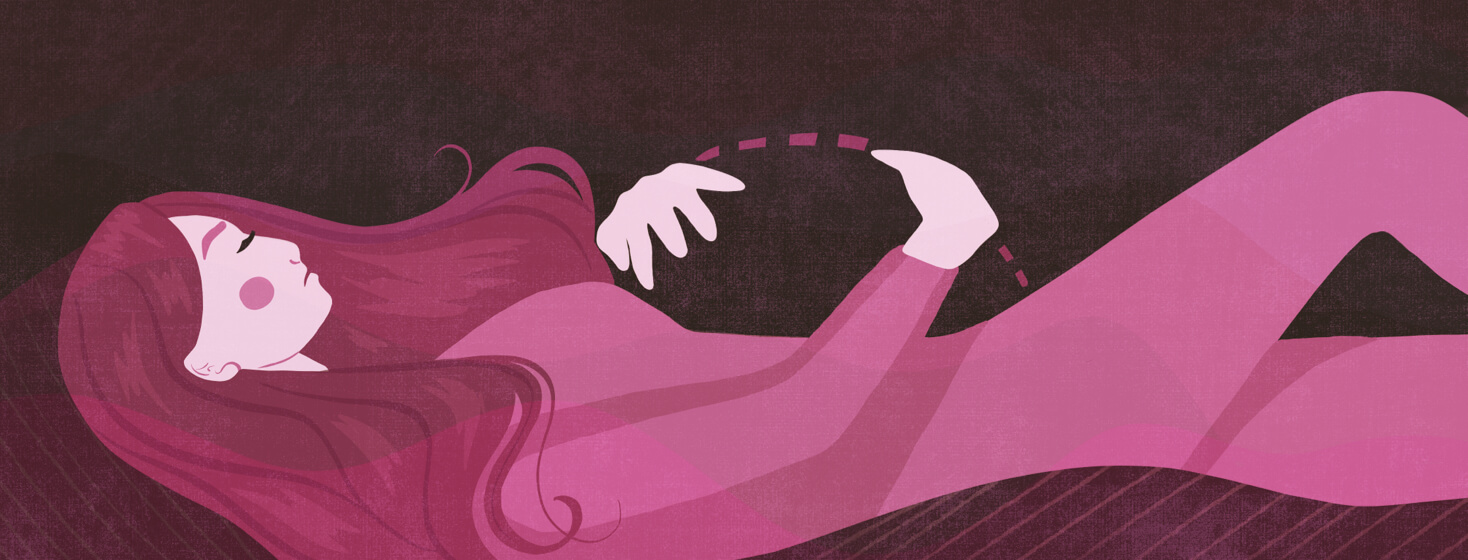Stories from Our CF Community: Infertility
Living with cystic fibrosis (CF) includes many challenges, including infertility. Infertility affects about 98 percent of men with CF, and women with CF may be less fertile than other women.1
In our 2020 Cystic Fibrosis In America survey, we explored how infertility affects people living with the condition. According to the survey, infertility plays a significant role in the lives of people with CF. It influences their decision on whether to have children or not, worries around pregnancy, and family planning options, as well as personal fears about the future.
CF and fertility struggles
"Not worried about it, I have come to terms with my infertility.” – CF community member
“I have a beautiful 7-year-old daughter. Getting pregnant with her was difficult but worth every challenge.” – CF community member
The survey found that 38 percent of respondents with CF reported infertility in conjunction with their CF. The survey also found that, in people with CF who are over the age of 40, more than 3 in 10 experienced infertility in the past. Of those respondents under age 40:
- 9 percent had a miscarriage
- 7 percent had pregnancy complications
- 13 percent had a successful pregnancy and gave birth
Infertility influences worries and fears for some people with CF
"I want children, but I'm worried about being able to financially do so because of my infertility." – CF community member
“I didn’t want to have children in the past, but now I would like to have children. I worry, however, about infertility, and I worry about leaving them without a mother if I were to die young.” – CF community member
It is common for anyone struggling with infertility to experience feelings of anxiety, worry, and grief. It is no different for people living with CF. And for some, their condition adds a layer of stress.
But not everyone who responded to our survey felt this way. When asked whether they were worried about infertility or problems with fertility:
- 24 percent agreed with that statement
- 20 percent felt neutral
- 56 percent strongly disagreed
People under the age of 40 who took our survey expressed a bit more concern:
- 29 percent worry about their children being born with CF
- 27 percent worry about experiencing infertility
Some respondents also shared these worries:
Future planning
“I used to be scared of having children, but with new medicine, I’m really wanting a baby.” – CF community member
“This is something that I didn’t think would ever be a realistic goal. Now it’s something that I’ve started seriously discussing with my CF team.” – CF community member
“With the help of a fertility doctor, I now have 10-month old twins.” – CF community member
Thanks to advancements in CF treatment, life expectancy has greatly improved. And so have fertility options. These improvements have shaped how some people with CF view their future when it comes to family planning.2
While 28 percent of survey respondents said they did not plan on having children, many people in the CF community remain cautiously optimistic about having children and starting a family. A significant portion of survey respondents have chosen to adopt, while others have leaned on fertility treatments like IVF for help conceiving.3
If you have CF and are interested in having children, share your concerns with your doctor. Talk to them about fertility treatments that may be right for you.
The 2020 Cystic Fibrosis In America Survey was conducted online from March through July 2020. The survey was completed by 404 people with cystic fibrosis and 230 people who are current caregivers.

Join the conversation